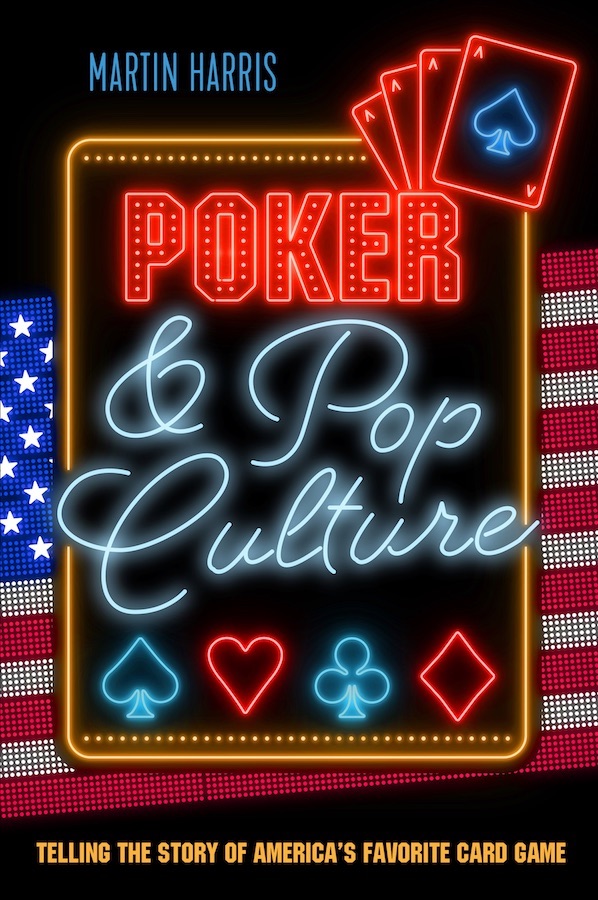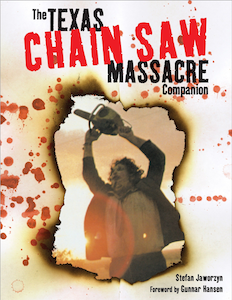Little Stories (Using Poker as a Metaphor)
This event happened quite abruptly, going into effect on August 15, 1971. It was announced that night by the president in a televised speech that also listed several other significant economic measures, including another huge one to impose wage and price controls (a 90-day freeze).
Together these measures are sometimes referred to as the “Nixon shock,” which politically speaking helped Nixon immensely in the way it produced immediate effects (helping the economy avoid a downturn during the following election year) while also giving the impression that Nixon had done something meaningful -- had acted, not sat by passively -- in response to a coming economic crisis. (That latter point is one White fleshes out in the section). Meanwhile the longer-term effects are still being debated (and are beyond the scope of this post).
There’s one moment early in the discussion where White is rapidly explaining how much the world had changed in the quarter-century following WWII. Following the war, the U.S. was by default in the position of providing economic and trading stability to the rest of the world. “Other nations’ money might fluctuate in value with the tides of world trade,” explains White, “but they would fluctuate only in relation to each other, while at the center stood the U.S. dollar, rigid, its strength firmly socketed in gold.”
By the early 1970s, though, the economic supremacy of the U.S. was no longer quite so unamiguous. Other countries’ economies had built back up to the point of being competitive, in part (explains White) because of the U.S. having been generous with aid over those years. “So strong was America in those days that its overpowering investment in science and fundamental research was thrown open to the entire world,” writes White, who also notes other forms of civilian aid to foreign countries.
That’s when White uses a poker metaphor to describe the situation, and in fact it’s a familiar one to those of us who know our Nixon.
“Uncle Sam sat like a winning poker player at the head of the table, giving away chips to the losers, even tipping his hand when necessary just to keep the game going,” writes White.
I say this is a familiar comparison, because Nixon himself used this exact analogy in a speech he subsequently gave on September 9, 1971 to the House Chamber at the Capitol in which he addressed the country’s economy and its relationship to other countries.
Like White, Nixon in the speech points out the “nearly $150 billion in foreign aid, economic and military, over the past 25 years” the U.S. had doled out, then turns to talk of how the U.S. “will remain a good and generous nation -- but the time has come to give a new attention to America’s own interests here at home.”
“Fifteen years ago a prominent world statesman put this problem that we confronted then in a very effective way,” says Nixon. “He commented to me that world trade was like a poker game in which the United States then had all the chips, and that we had to spread them around so that others could play. What he said was true in the 1940’s. It was partially true in the fifties and, also, even partially true in the early sixties. It is no longer true today. We have generously passed out the chips. Now others can play on an equal basis -- and we must play the game as we expect and want them to do. We must play, that means, the best we know how. The time has passed for the United States to compete with one hand tied behind her back.”
I’m not completely sure, but I believe the statesman to whom Nixon refers might be Winston Churchill, who did play poker occasionally (including once famously with Harry Truman). (The reference to 15 years before suggests one of RN’s meetings with Churchill when Ike’s VP.) In any event, it’s essentially the same point White makes, although White doesn’t quote or allude to the speech to Congress when he makes the analogy (making it seem perhaps as though he’d come up with it on his own).
Incidentally, Nixon and his aides can be heard on the White House tapes discussing this passage a lot both before and after the speech.
A couple of days before, Raymond K. Price (a Nixon speechwriter) isn’t so sure about it, saying “it’s a good image... uh... the poker game,” but adding “there would be some people who would think it inappropriate to talk in terms of a poker game.” But Nixon responds “it would be inappropriate if Harry Truman did it, but it’s not for me. See, most people don’t think I play poker.”
This was true. Nixon’s poker-playing background wasn’t a secret -- in fact, it had been described at length in a Life magazine cover story about “The Young Nixon” in November 1970 -- but it wasn’t nearly as well known among most of the public as was Truman’s penchant for poker.
Then after the speech the tapes reveal Charles Colson and Bob Haldeman congratulating him for the speech as a whole and the poker passage in particular. It’s a “catch line,” as Colson calls it -- that is, a memorable image or metaphor that sticks with the listener and thus conveys the message more effectively. “Even kids understand that,” says Haldeman of the reference to having “generously passed out the chips.”
“Kids play games, you know?” says Haldeman. “That’s the thing my family was talking about, the chips,” adds Colson. “It’s vivid and it’s illustrative and they understand it... and that hit a hell of a [nerve].”
“I can’t emphasize too strongly about this,” Nixon interrupts. “Every damn speech I’ve made, that what people remember... [you say] ‘What the hell do they remember about that speech?’ They remember the little stories. They remember the story about the chips, right...? It’s the little stories, the illustrations, that people... uh, people love.”
The line does convey the idea, no doubt. It’s memorable, too, which is why when reading White I immediately recognized it.
Image: Richard Nixon Foundation.
Labels: *the rumble, Bob Haldeman, Charles Colson, economy, politics, Richard Nixon, Theodore H. White, Winston Churchill














0 Comments:
Post a Comment
<< Home